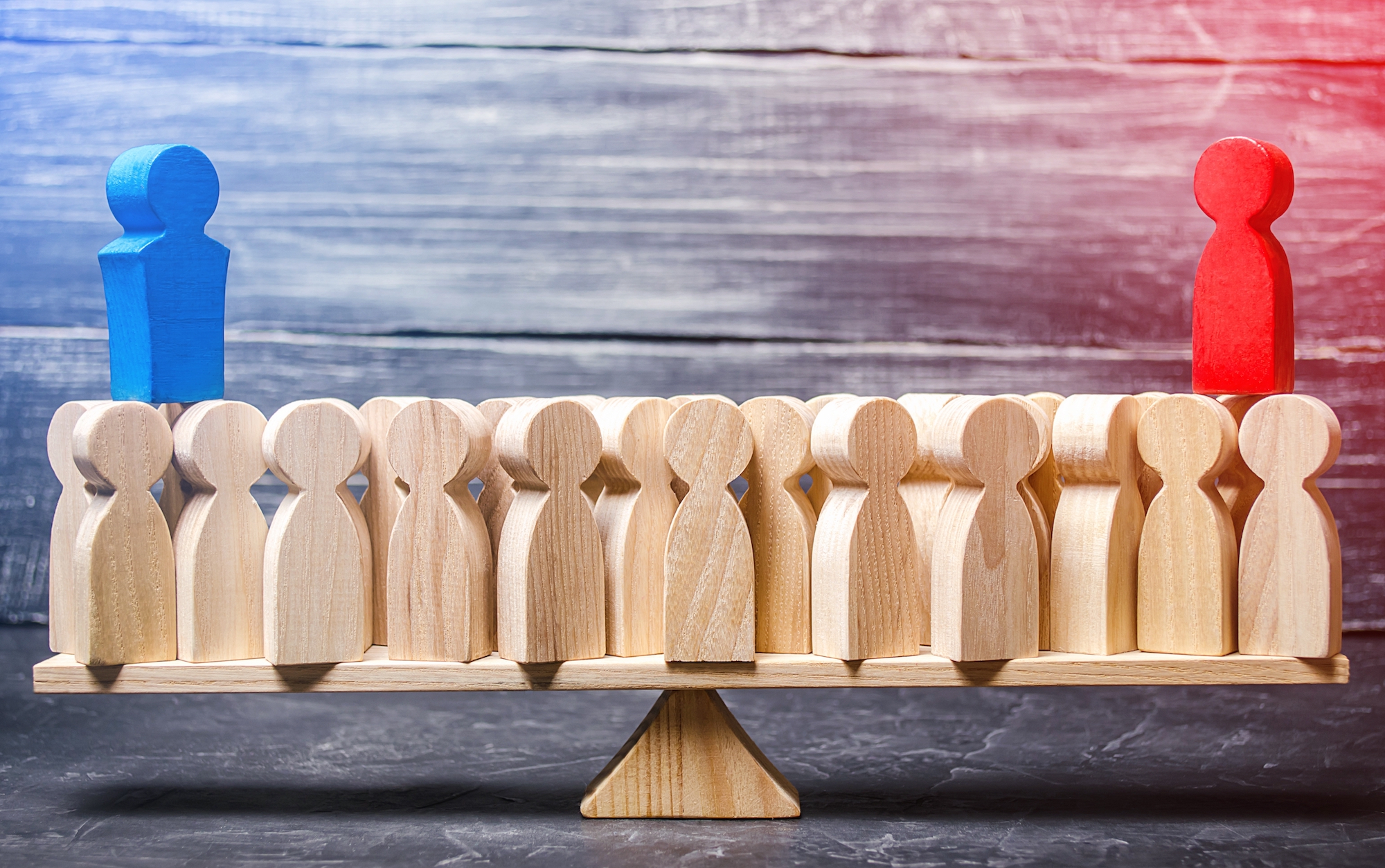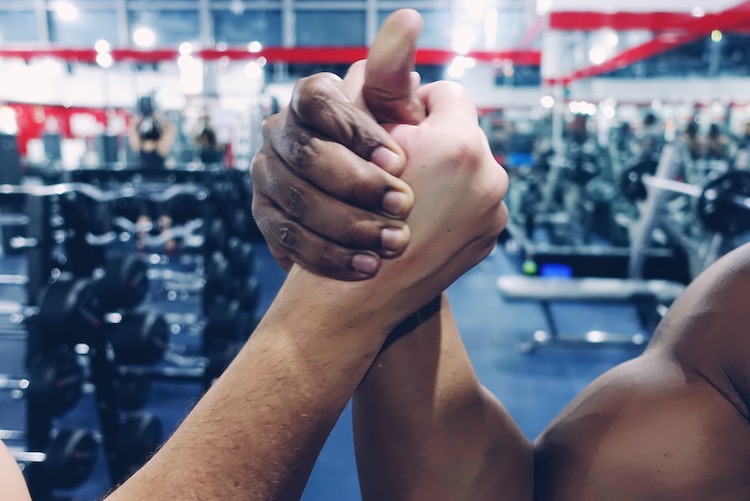In a year when transformation appears inevitable but we’re mostly alone with our progress bars, who better to hold us accountable than…ourselves?
For all the bright-eyed optimists who have become less and less vigilant as the inexhaustible exhaustion of this year continues to permeate through endless, unpredictable events and anxieties, there’s still some small shred of hopeful light piercing through into this narrow hallway that is the end of the year, and it’s saying it’s not too late to start to make a change. It’s never too late, especially when it comes to change, transformative or otherwise.
Life After Quarantine: Who Will You Be When We See You Again?
But how do we hold ourselves accountable when all we want to do is face plant on the sofa and call it a year? We’d much rather take our chips, walk ourselves home and wake up to Christmas morning, or better yet, a total do-over called 2021. But if we’ve learned anything from history, this year especially, it’s that the deepest lows and the hardest years leave a space at the end for a happy ending.
And it can be as simple as picking up a pen.
Dear, Me & the Blank Page
Most of us would rather sit back and wait for the positive change to come to us. But imagine being this “change” and how difficult it must be to find you [enter empathy]. It can’t be easy with all the lockdowns, social distancing and face planting you’re doing into your couch. No, we must not only be looking for change but actively seeking it. Only then can we recognize it.
But how do we know the change we need? Self-awareness, dear friend.
The end of any year is marvelous time for self-evaluation. Think about it. You get reviews at work, you hear about gratitude around the Thanksgiving table that makes you think about what you have (and what you’re missing). It’s the end of a year-long experiment and the cusp of a new one, a chance to do better, to be better.
So you’re going to mail yourself a letter, and you’re going to do it today.
“Why?” you ask.
Because we said so, but only because we’re looking out for you, and we also have some boundary issues (but that’s for our letter to ourselves another day).
A personal letter, handwritten, in your penmanship. It greets you and hopes you are well. You skip over the intervention for all the bad habits you picked up in your unpolished quarantine and head straight to the point. You have a goal in mind for yourself, a change you wish to see, and a date by which you wish to attain it. It seems a bit insurmountable like it’s a lot to bite off, a big pill to swallow. And it’s not something you can do in a single swoop. It’ll take planning, but if you can pull it off (refreshing gasp of air), boy, will it be worth it!
The letter is signed, leaves a PS for a Happy New Year and a few less Christmas cookies moving forward, dated and sealed. You mail it to yourself, and when it arrives, you tuck it away in a safe space. You make a plan, you gather supplies and you begin.
Now you know somebody is watching you, and it’s time to get to work. (no, not the government…well, maybe).
Making Ends Meet
The way you go about your life may seem chaotic and disorderly, but there’s routine in it. At some point each year, I find myself going through old photos, cleaning out the drawers and thinning out the stack of letters on my desk. And in time, you will find this letter you wrote to yourself. It may have been six months or a year, or maybe a lifetime has passed you by.
My, how things fall through the cracks!
Inside your letter is a reminder about some weird year where you sprayed disinfectant on your groceries and wrote letters to people in Georgia begging them to vote. It’s all a little fuzzy, except the part about too many holiday sweets and the other about a change you were seeking in your life.
Look around you. Did it find you? Or did you find it? How long did it take or was it there all along? In the grand scheme, was it as important as you thought it was, or do you see now everything you ever needed was right inside of you?
Sometimes all we need is a little motivation to get from one place to the next, to make our ends meet and come full circle into who we were meant to be and who we’ve been all along. The letter, a contract with yourself, is a reminder to chase after what makes you happy, what makes you…you.
But if nothing else, it’s always nice to get mail.





